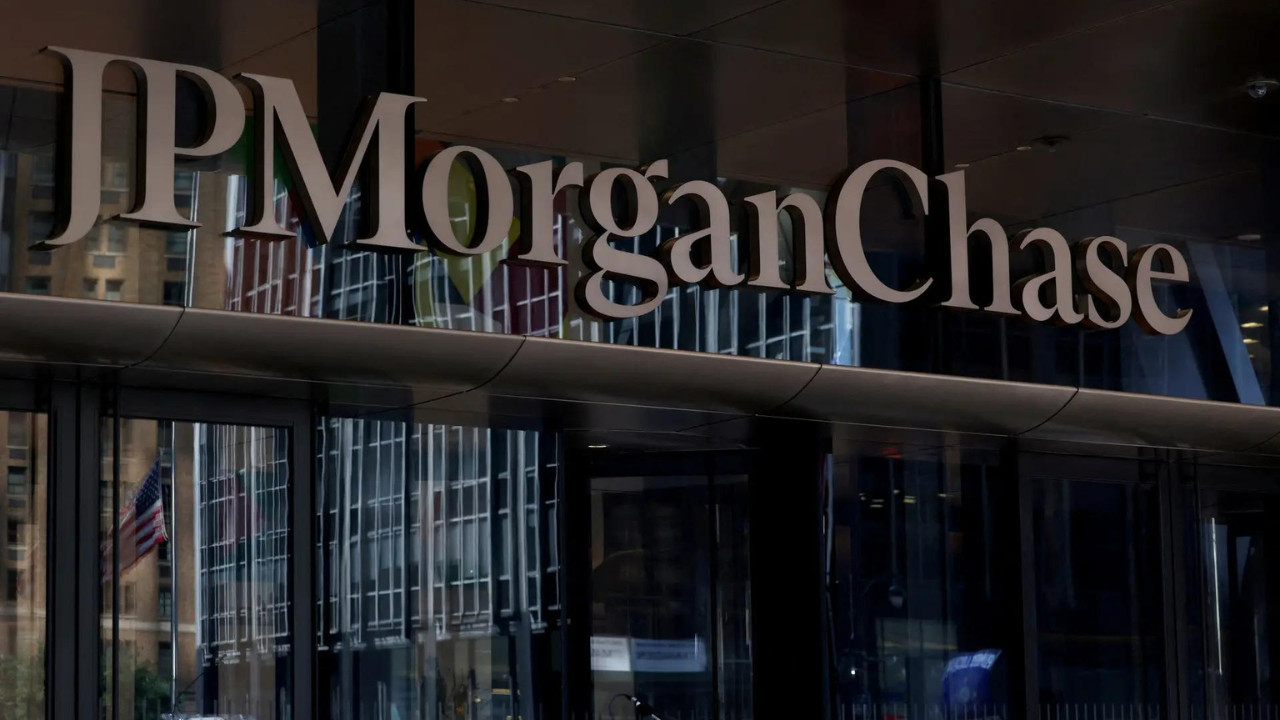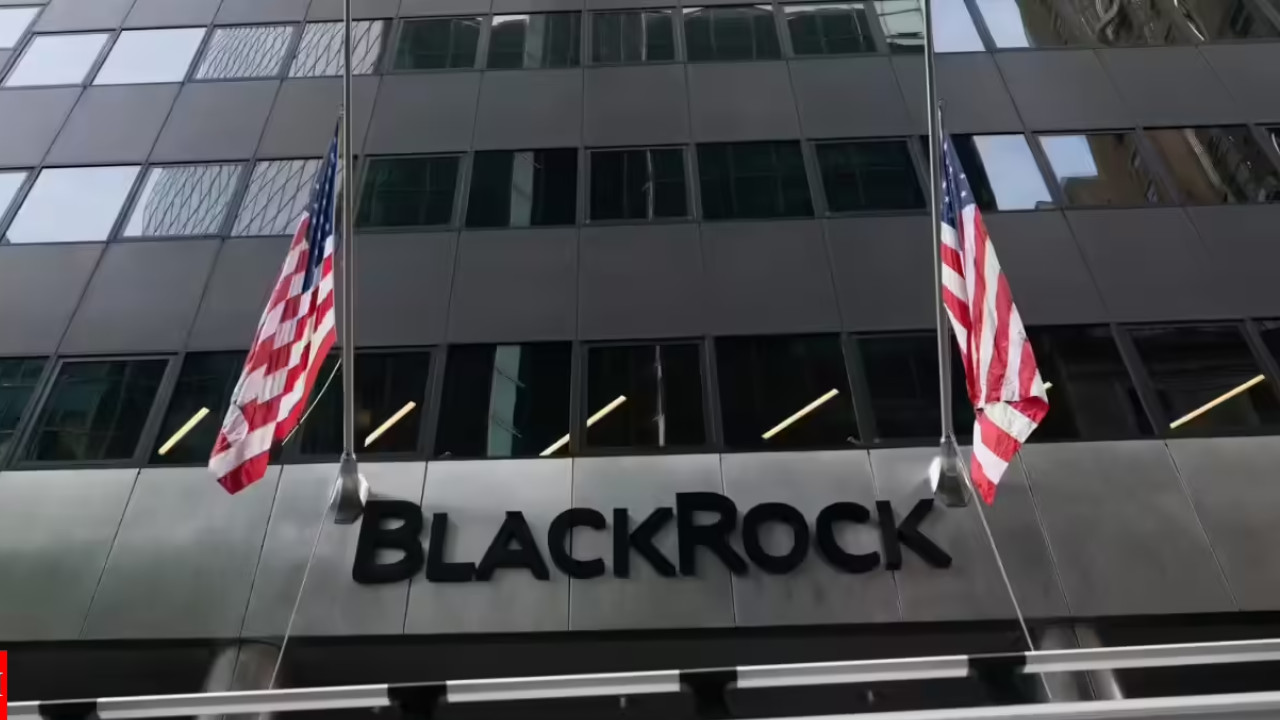JPMorgan Chase is launching a massive $1.5 trillion plan to boost crucial US industries like rare minerals, shipbuilding, and nuclear energy. This significant investment aims to enhance national security and economic resilience by supporting domestic production and reducing reliance on foreign sources. CEO Jamie Dimon highlighted global uncertainties as a key driver for this strategic move.
Reshoring Revolution: JPMorgan Chase Bets Big on American Industry
The winds are shifting. For decades, the narrative has been one of globalization, with companies chasing lower costs and dispersed supply chains across the globe. But a new strategy is emerging, fueled by geopolitical uncertainty and a renewed focus on resilience: reshoring. And JPMorgan Chase is placing a massive bet that this trend is here to stay, unveiling a staggering $1.5 trillion initiative to bolster critical industries right here in the United States.
This isn’t just about patriotism. It’s about mitigating risk. The past few years have exposed the vulnerabilities inherent in complex, far-flung supply chains. Pandemics, trade wars, and geopolitical tensions have all wreaked havoc, leading to shortages, delays, and ultimately, higher costs for consumers and businesses alike. JPMorgan’s move signals a growing recognition that a stable, domestic industrial base is essential for long-term economic security.

So, where will this massive investment be directed? The focus is squarely on what JPMorgan Chase identifies as US critical industries. This includes sectors vital to national security, economic competitiveness, and overall societal well-being. Think semiconductors, essential minerals, pharmaceuticals, energy, and advanced manufacturing. These are the building blocks of a modern economy, and a robust domestic presence is considered paramount.
The initiative aims to address several key challenges. First, it seeks to reduce reliance on foreign suppliers, creating more secure and predictable supply chains. This is particularly crucial for industries like semiconductors, where a single disruption can have ripple effects across numerous sectors. Second, it aims to create jobs and stimulate economic growth in the United States. By supporting domestic manufacturing and innovation, JPMorgan Chase hopes to foster a more vibrant and resilient economy. Finally, the plan acknowledges the importance of advanced technologies and skills training to ensure that the US remains competitive in these critical industries.
Beyond simply writing checks, the bank plans to leverage its vast network and expertise to connect businesses, investors, and policymakers. This involves facilitating partnerships, providing access to capital, and offering strategic advice to companies looking to expand or relocate their operations to the United States. It’s a holistic approach that goes beyond mere financial investment, aiming to create a supportive ecosystem for reshoring.
Consider the implications for small and medium-sized businesses. Often, these companies are the backbone of critical industries, supplying specialized components or providing essential services. This initiative could provide them with access to funding, mentorship, and market opportunities, enabling them to grow and thrive in a more secure and stable environment. Learn more about capital for small businesses [here](link-to-related-article).
But challenges remain. Reshoring isn’t a simple or inexpensive process. It requires significant upfront investment, skilled labor, and a supportive regulatory environment. The US must continue to invest in education, infrastructure, and innovation to ensure that it can attract and retain these critical industries. Furthermore, companies need to carefully evaluate the costs and benefits of reshoring, taking into account factors such as labor costs, regulatory burdens, and access to markets.
The potential impact of JPMorgan Chase’s $1.5 trillion commitment is significant. It’s a powerful signal that the reshoring trend is gaining momentum and that major financial institutions are taking it seriously. While success is not guaranteed, this bold initiative has the potential to reshape the American industrial landscape and create a more secure and prosperous future. This move underscores a shift in thinking, prioritizing resilience and domestic strength alongside traditional profit-driven globalization.







